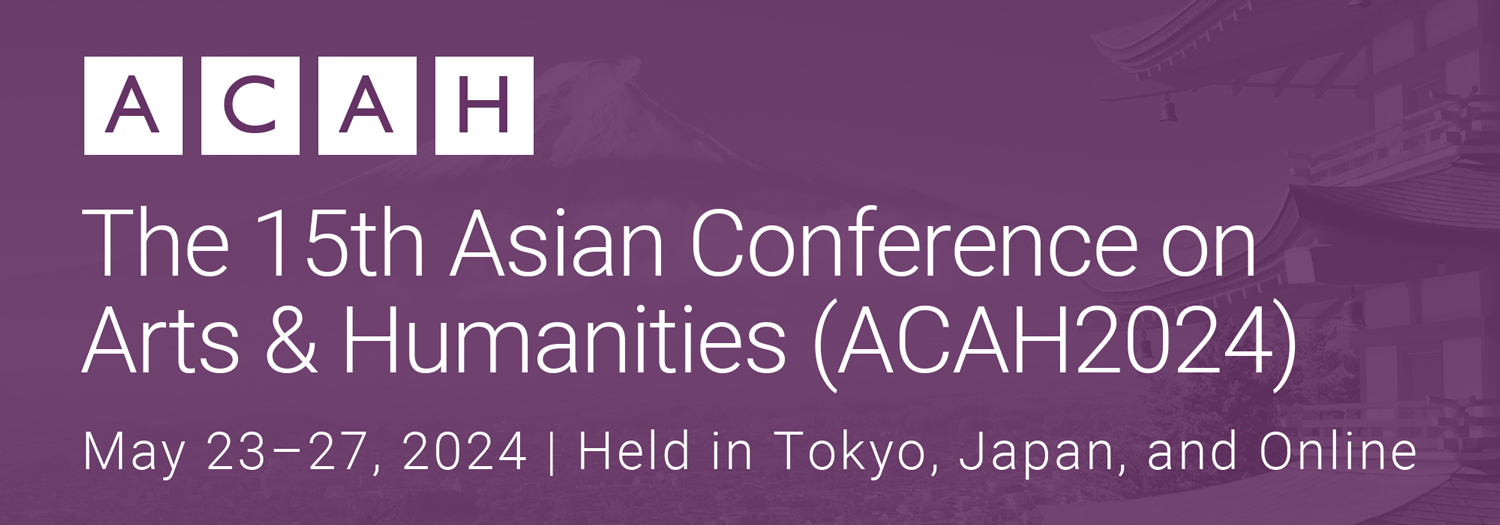If you studied English in the Anglophone center, you probably learned the following: That postcolonial studies gave the first sustained arguments for seeing English literary studies against the legacies of Anglo-American canonical, critical, theoretical and ideological. They revealed how English literary studies produced a cultural formation detached from material reality and other modes of determination, while also seeking to overcome a Manichean view of the inheritance of empire through understanding the specific contexts where colonial economies and power relations shaped a middle class that sought an education in English as part of its autonomous self-definition. You might also have learned how world literature then took up the challenge, imagining a multi-centered discipline circulating in a web of collusion, collision and comparative aesthetics. Global English responded to this polycentrism by further complicating the colonial-postcolonial dynamic and challenging the assumption of Anglophone dominance over the whole diverse world of English-speakers. But out here beyond the center, learning how to recenter the discipline means learning anew the political dimensions of aesthetic response. Anglo-American identities cloak both ‘native’ faculty and the discipline itself, rendering calls for political consciousness, agency and responsibility – even those contained in the oblique, supposedly neutral act of textual criticism – calls for a radical re-thinking of the priorities of the humanities in an Asian context.
Global English’s Centers of Consecration

